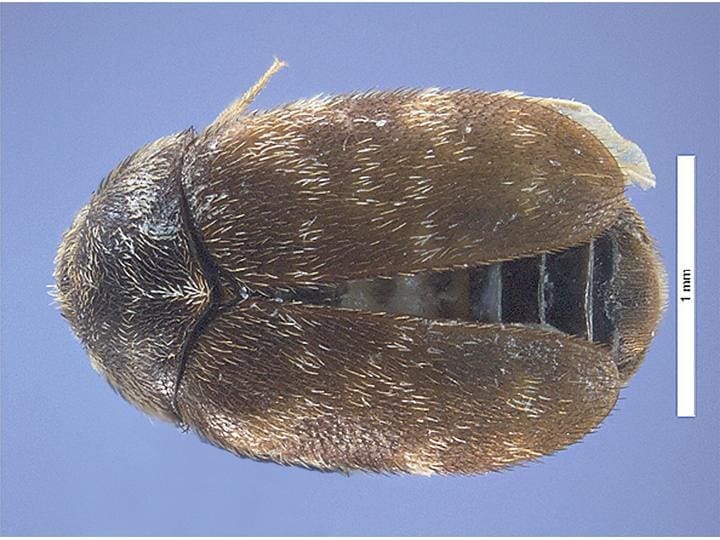Scientists from Kansas State University and the U.S. Department of Agriculture have started a project to improve protection against two harmful insects that have affected America’s food supply for many years. Kansas State professor Tom Phillips is leading a nearly $800,000 project funded by the USDA to find ways to reduce the spread of the khapra beetle and the larger grain borer.
These pests are known as stored product insects because they infest grain and grain-based foods after harvest. The U.S. has been fighting the khapra beetle since the early 1950s, when the government spent $125 million to eliminate it in three southwestern states. The larger grain borer has recently been crossing the southern border from Central and South America.
Both pests are highly destructive. The larger grain borer mainly feeds on corn and cassava, while the khapra beetle attacks a wider range of foods. As global trade increases, more cases of the khapra beetle are being found, and it is listed among the world’s 100 worst invasive species.
The K-State project aims to improve monitoring by using automated traps and testing new fumigants to combat these pests. This research is important because methyl bromide, a previously used fumigant that was effective but harmful to the ozone layer, is no longer available for general use.
The five-year project, which began this summer, will continue through 2029 and includes collaboration with researchers from other institutions. The goal is to prevent these pests from entering the food supply, as they could significantly raise food costs and harm the grain industry by limiting exports and lowering the value of infested grains.













